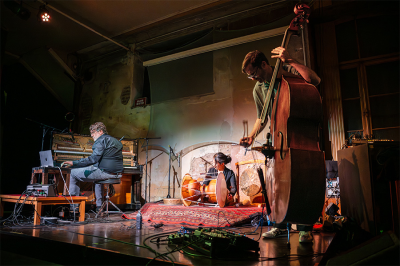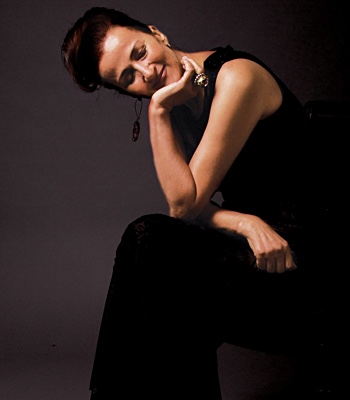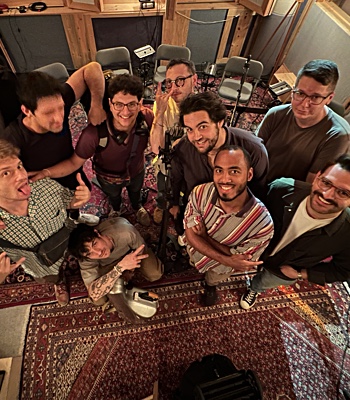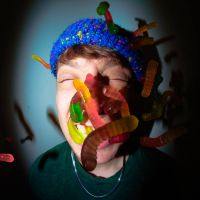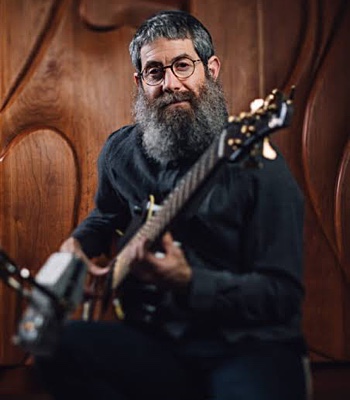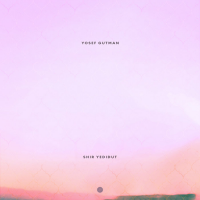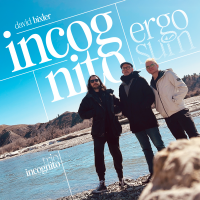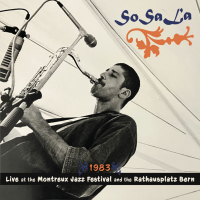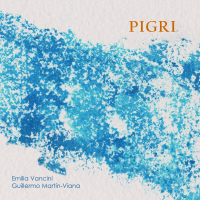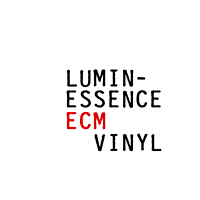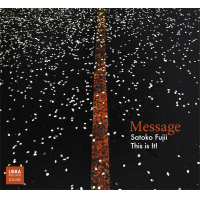tickets:
regular: 14,- €uro
students, disabled persons: 7,- €uro
doors: 7.30 pm CEST
concert starts:
approx. 8.00 pm CEST
SongOfMu develop their sound as if in a continuous movie, on whose foil subtle grooves amalgamate with influences from Korean gugak and krautrock, free jazz, minimal and electronics.
The music, the songs of SongOfMu are composed in multi-stylistic impulses from the material that the crossover-experienced musicians pull out of the depths of their musical subconscious in improvised, often trance-like passages to form a common band sound....
read more
tickets:
regular: 14,- €uro
students, disabled persons: 7,- €uro
doors: 7.30 pm CEST
concert starts:
approx. 8.00 pm CEST
SongOfMu develop their sound as if in a continuous movie, on whose foil subtle grooves amalgamate with influences from Korean gugak and krautrock, free jazz, minimal and electronics.
The music, the songs of SongOfMu are composed in multi-stylistic impulses from the material that the crossover-experienced musicians pull out of the depths of their musical subconscious in improvised, often trance-like passages to form a common band sound.
The Korean mu stands for meanings such as wind, dance or nothingness, perhaps as in the indeterminate moment before a note is struck.
In January 2024, percussionist Bo-Sung Kim, bassist Oliver Potratz and pianist Matthias Mainz will meet for two sessions in the apartment of American vibraphonist David Friedman in Berlin to explore the open communication between Korean percussion and gongs, prepared piano and double bass. The initial sessions in January will be followed by a series of lab-like recording sessions in which the three will expand their line-up to include double and electric basses and live electronics. The instrumentation, unconventional for a piano trio, creates spaces for volatile stylistic outbursts and upheavals, which quickly form the core of SongOfMu’s ensemble sound.
The trio is perhaps the smallest ensemble form, whose constellation constantly enables new networks of three- and two-piece relationships, so that functions and hierarchies do not have to become too fixed and the space of musical functions of rhythm, harmony and melody, of collective, soloist or accompaniment can be explored again and again. In SongOfMu, the three artists each incorporate fragments of Korean gugak and krautrock, free jazz, minimal and electronics, alternating improvisational attitudes and playing techniques with or against each other soloistically, percussively or forming sound surfaces or noise landscapes.
The stylistic influences are always audible – but unfold in the improvisation in such a reduced form that they never become too strong and too solid in context and threaten to tip over. SongOfMu creates a shared space in which the temporality of the musical fragments merges into the timelessness of the reduced improvisational flow. The music of SongOfMu develops as a transformation of playing and listening in the paradoxical state of both a recognizable stylistic borrowing and a shared musical space that is experienced as completely independent.
Bo-Sung Kim plays the double-sided hourglass drum Janggo and the gongs Jing and Kkwaenggwari with an understanding of pulse that originates from Korean Gugak music. She uses her playing techniques from traditional contexts in noisy actions on wood, skin and metal partly like a Cage-interpreting sound researcher and partly to create a rhythmic foundation for SongOfMu, which in its energetic reduction is more reminiscent of Jackie Liebezeit’s work for CAN than of traditional jazz or free jazz contexts.
https://pantopia-music.org/artist/bo-sung-kim/
In Matthias Mainz’s playing on prepared and unprepared grand piano, percussive minimalist ideas alternate with stylistic outbursts from the 20th century’s collection of jazz, minimal, free jazz and new music. His live processing of the grand piano and the impulses of his fellow players acts as a counterpart, throwing an electronic arc around the musical flow of ideas of SongOfMu.
https://www.matthiasmainz.com/
Oliver Potratz positions his double and electric basses in SongOfMu with ease between acoustic and electronic sound, between avant-garde and free jazz modes, playing with minimalist groove fragments, with jazz and noise, and sometimes even swinging up to the suggestion of a soloistically distorted electric guitar.
https://www.oliver-potratz.de/
Supported by:
Musikfonds - Die Beauftrage der Bundesregierung für Kultur und Medien
show less
